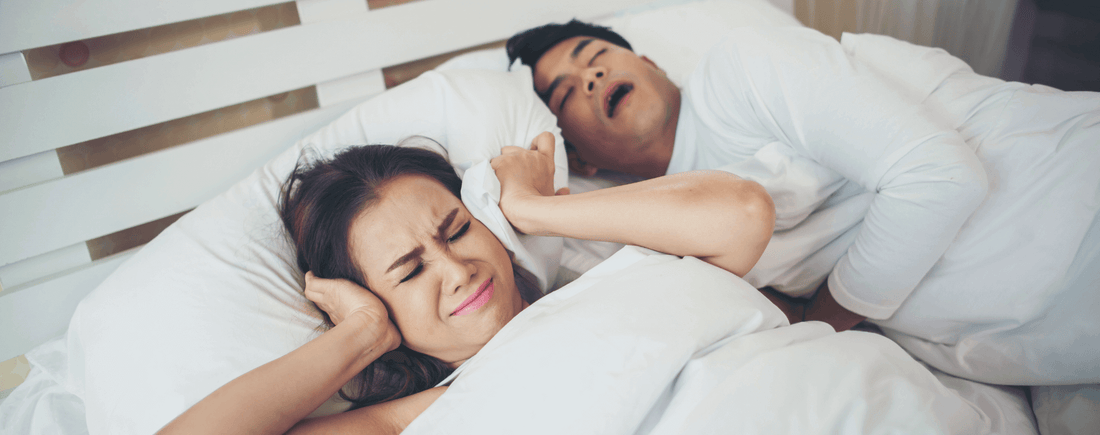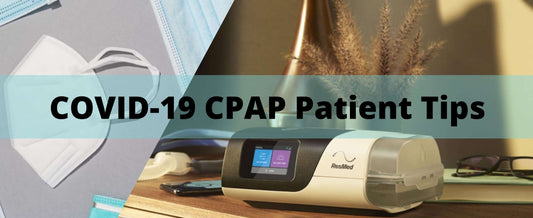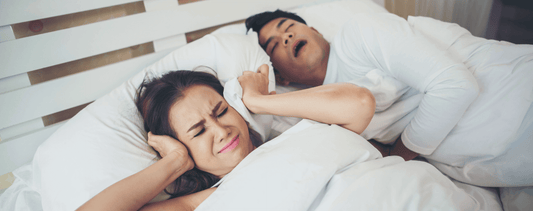

Contact form
Blog posts
View all-

The Power of Sleep-Inducing Foods
We all know how important a good night's sleep is for our overall well-being, yet many of us struggle to achieve it consistently. The good news is that certain foods...
The Power of Sleep-Inducing Foods
We all know how important a good night's sleep is for our overall well-being, yet many of us struggle to achieve it consistently. The good news is that certain foods...
-

Tips For COVID-19 Positive Patients On CPAP
There is currently no data suggesting obstructive sleep apnea by itself can put you at higher risk of contracting coronavirus. There's also no evidence of an increase in COVID symptom...
Tips For COVID-19 Positive Patients On CPAP
There is currently no data suggesting obstructive sleep apnea by itself can put you at higher risk of contracting coronavirus. There's also no evidence of an increase in COVID symptom...
1
/
of
3



